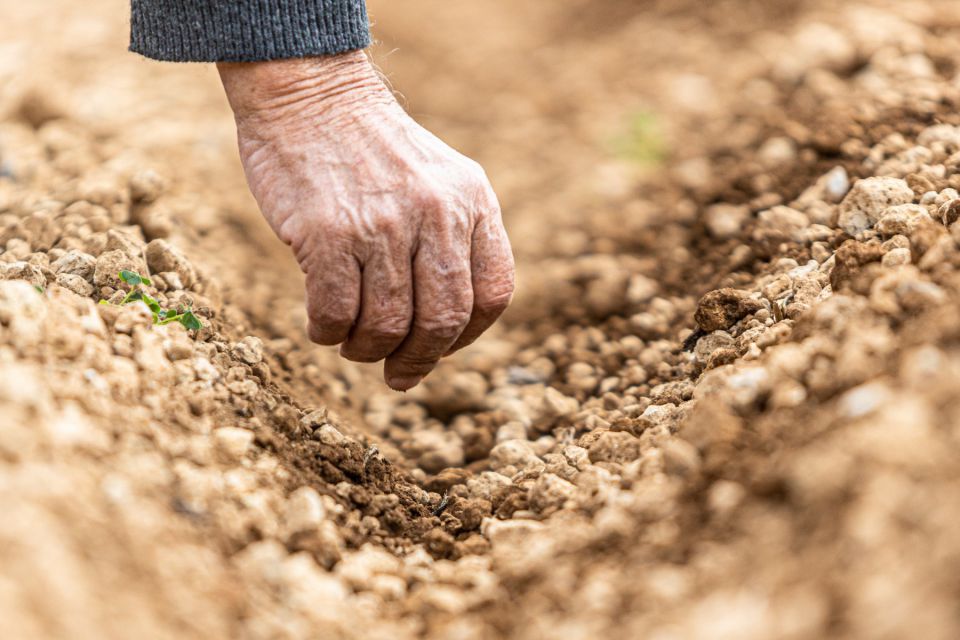The Adeje council Farmers market, and a local project for integrated strategies for the local economy, are evolving plans to strengthen the productive network within the agricultural sector through a series of training and informative events. The principal aim is to re-evaluate how we are growing local produce through a series of courses, information videos and open days open to local producers and business leaders, and to the public in general.
Registration for courses and information events should be done online through the Adeje town hall webpage, www.adeje.es
On one side the programme will be rolling out various days dedicated to local produce. May 16th, for instance, will be ‘Jornada de la Papa? (Day of the potato) with experts from the Cabildo and San Miguel Cooperative, and in June there will be a day dedicated to the avocado, with personnel from the Agrocabildo and ASGUACAN (an association of fruit and vegetable producers).
The project will also organise different related courses. The first will be on handling phyto-sanitary (plant protection) products. This is a 25 hour course run over May and June. There will also be a course on risk prevention in the agricultural sector, 20 hours, to be run in June.
In October there will be number of 3-hour video training sessions divided into two blocks, on integrated agriculture and ecological agriculture. The sessions will deal with the preparation of land to be planted, seed selection, irrigation, crop rotation, etc. There will also be a section on of control of pests.
All courses will be in Spanish. With some courses subject to change, interested parties should consult the webpage: https://www.adeje.es/adejeimpulsa/formacion/cursos
Meeting the needs of the public
The plan is designed to meet the new requirements of local consumers who are looking for more information about the quality and traceability of what they are buying in the market, opting increasingly for more ecologically produced goods. Integrated and ecological farming means different production methodology, with guarantees of the kind of quality and food safety standards the public are looking for, also meaning further emphasis on environmental protection and better planned use of agricultural resources (land, water, seeds, fertilizer, etc.).
In Adeje integrated farming methods are used principally in banana cultivation, with more conventional methods being used by smaller producers in farms, orchards, etc. The new programme will offer information and training in further use of integrated methods and ecological farming.
According to the national department of agriculture, fish and food, the switch to a system of horticulture and farming that uses natural production methods and resources assures the evolution of a sustainable agriculture, introducing adequate control methods and other parallel techniques that are compatible with environmental protection and agricultural productivity, as well as the subsequent management of harvesting, packing and transporting the produce.
